Premium Only Content
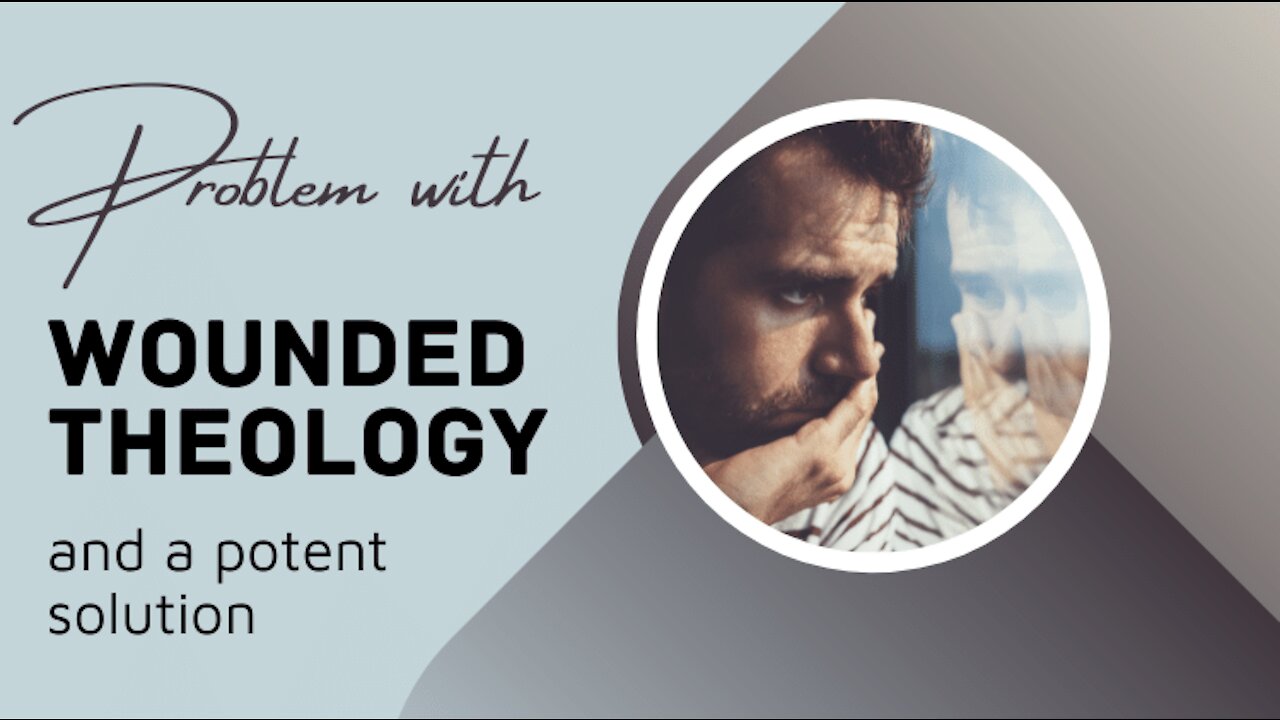
The Problem With Wounded Theology
In my episode six review of The Rise and Fall of Mars Hill, I talk about "daddy wounds," how Mike Cosper from Christianity Today framed it. He talked about Mark Driscoll's employment of Wounded Theology, a popular teaching in the secular world. Some Christians communicate their horrific pasts with fathers this way, which integrates secular and biblical teaching.
Life Over Coffee exists to provide life-changing resources that equip Christians.
Helpful Links
Would you please help keep our resources free by donating here: http://bit.ly/2ggwJTF.
Learn more about our training here: http://bit.ly/2u2oD25
If you would like to talk to us, go here: http://bit.ly/2ieukJz
Video produced by H.M.G.T.: https://bit.ly/2y9szpo
Connect with Us:
Website: https://bit.ly/3yNZc76
Facebook: https://bit.ly/3wGkWQp
Twitter: https://bit.ly/2SF1BQE
Instagram: http://bit.ly/2He98il
TikTok: https://bit.ly/3i1moZI
YouTube: https://bit.ly/3i0UmND
Mark Driscoll understood the concept of wounded theology and capitalized on it to build his following, especially those who were looking for a father figure. In this episode, Mike Cosper spoke to Diane Langberg, who said we all want a relationship with our Father, but we can't see Him, so we take the one in front of us.
There is a truth in what Mike and Diane were saying, though they rolled it up into a bunch of psychobabble jargon that focuses on the hurting soul rather than the redeeming Lord.
I do not deny the hurting soul's truth claims about what happened to them; we're all damaged goods sitting on the lower shelf of the grocery store. But when folks talk about wounds, they are almost always talking about themselves and what others have done to them. It's horizontal thinking that misses the grander purposes of suffering from a God-centered presupposition.
Seeing things through the lens of God-centeredness is the right way to frame the problem, which does not minimize what happened but changes the trajectory for how to receive help. Rather than being problem-centered—what someone did to me, it is better to be God-centered—what is Christ doing in me?
1. When you center your problems on the Lord, you look to Him for answers and a path forward.
2. When you center your problems on yourself, you look inward for man-centered answers. The focus becomes your hurt and what they did, which is the set-up for a victim culture.
Wounded theology also ties into self-esteem—a societal theology that amps up the focus on self. When problem-solving, you must never start with the accent mark on yourself. You always begin with God. Let me explain:
Here are a few illustrations of the "Someone Wounded Me" mindset:
1. My daddy was a mean person; I will find a replacement in Mark Driscoll.
2. I'm divorced and lonely; I will find another spouse.
3. My parents were unkind people; I will find love somewhere else.
But when the focus becomes "Someone Wounded Christ," you're at a different starting place, thinking about better questions and transformative applications. For example,
1. Am I focusing more on what has happened to me or what has happened to Christ because of me?
2. Am I more controlled by what others did to me or what the Father is doing in me and through me because of the wounds of Christ?
3. Are my circumstances shaping me into the image of the Savior? If not, then I'm missing the point of my circumstances.
Wounded Theology is the wrong path to go down. It will harden you into victimization while missing the purposes of the crushing of Christ and the eventual freedom He experienced. I'm to carry my cross, also, because that is the path to empowering, overcoming grace.
My argument and warning against wounded theology are not about denying the horrific events in anyone's life but about reframing the solution in a Christocentric, cross-carrying worldview that leads to a God-centered victory.
-
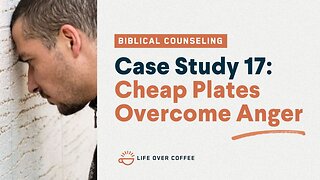 8:45
8:45
Life Over Coffee
1 day ago48 Case Studies 17: Cheap Plates Help Overcome Anger
8 -
 25:53
25:53
utah crossbow hunter
4 years agoHAD A PROBLEM WITH MY ATN X SIGHT 4X
84 -
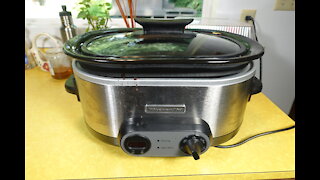 12:21
12:21
davidgpo
4 years ago $0.01 earnedProblem with KitchenAid Slow Cooker
149 -
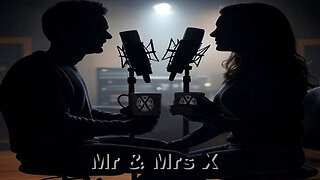 53:13
53:13
X22 Report
5 hours agoMr & Mrs X - It All Revolves Around Marxism, Think Political Correctness, Midterms Are Safe - EP 16
74K20 -
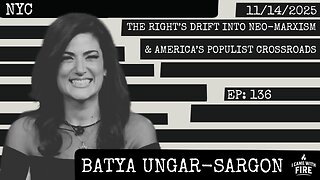 44:27
44:27
I_Came_With_Fire_Podcast
11 hours agoThe Right's Drift into Neo-Marxism & America's Populist Crossroads
12.7K8 -
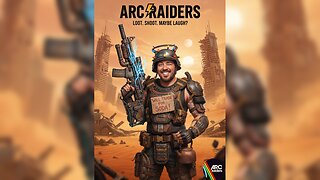 LIVE
LIVE
Amarok_X
4 hours ago🟢LIVE 24 HR STREAM? | ARC RAIDERS TO START | OPERATION 100 FOLLOWERS | USAF VET
30 watching -
 3:53:58
3:53:58
Pepkilla
4 hours agoDay 2 of Camo Grinding Black Ops 7 ~ Until My Brain Rots
5.96K1 -
 27:34
27:34
marcushouse
6 hours ago $1.47 earnedWOW! I Was NOT Ready For This One… 🤯 | Starship & New Glenn Lead The Race!
4.65K2 -
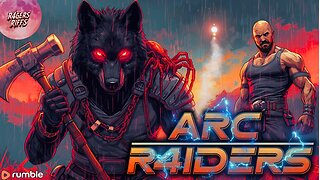 LIVE
LIVE
MrR4ger
6 hours agoD4RK and D4RKER TO START THEN ARC R4IDERS W/ TONYGAMING AND AKAGUMO
49 watching -
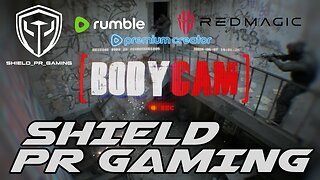 4:21:39
4:21:39
Shield_PR_Gaming
4 hours ago11/15/25 Hittin some Bodycam a bit as well as other games!
1.74K1